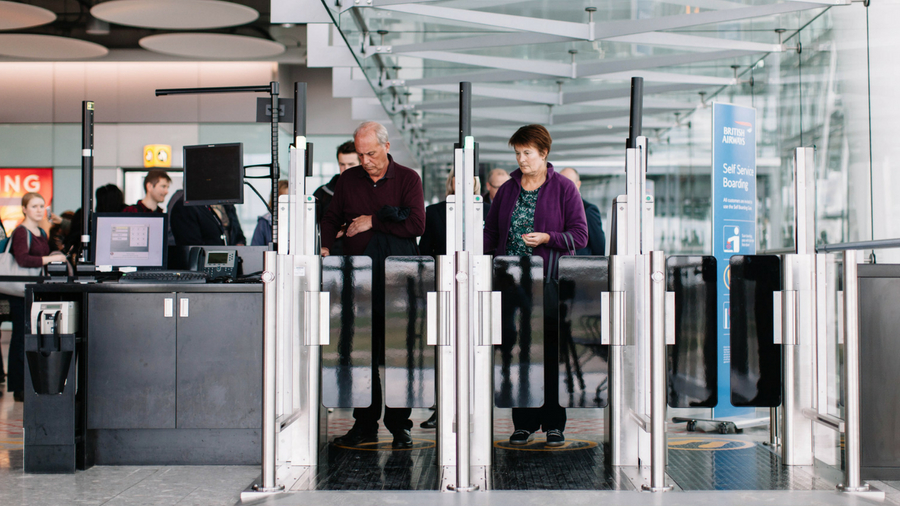Russian hackers attack proved VPN providers were right about airport Wi-Fi
Airport networks are among the least secure

Russian hackers may have infiltrated more targets in the US than previously thought, new reports have claimed.
More information has come to light regarding a Russian hack that targeted US airports earlier this year. The New York Times reports that the hack was carried out by a state-backed group known as “Dragonfly” or “Energetic Bear,” which has also recently been found infiltrating state and local government computer systems.
Back in March, the collective hacked into Wi-Fi systems at San Francisco International Airport and two other airports on the US’ West Coast. An analysis of the attack indicated that the hackers were likely searching for a specific individual to infect. Instead of compromising the hundreds of thousands of people that would have connected to the airports’ Wi-Fi networks, only 10 were.
- The best VPNs for your business
- The best anonymous browsers available today
- The best proxy service providers for your business
VPN providers have long stressed that airport networks represent a security risk, encouraging travellers to adopt a VPN solution to keep themselves protected. Given the time and resources at the disposal of hackers like Energetic Bear, all available safeguards should be employed.
Election time
In 2016, reports of Russian interference in the US presidential election surfaced and it appears likely that the same will happen again as Donald Trump prepares to take on Joe Biden in his bid for a second term.
It is thought that Energetic Bear is attempting to infiltrate state and local government networks by first targeting random individuals before using that foothold to find more interesting targets. The hackers are unlikely to reveal their true aim until nearer to the election, however, which takes place on November 3.
Given that Energetic Bear has already claimed some high-profile targets with its previous hacks, US government officials will be on high alert. In recent years, the group stands accused of infiltrating energy systems in Germany and the US, including a nuclear power plant.
Are you a pro? Subscribe to our newsletter
Sign up to the TechRadar Pro newsletter to get all the top news, opinion, features and guidance your business needs to succeed!
- Also, check out our list of the best Windows 10 VPNs
Via NYTimes
Barclay has been writing about technology for a decade, starting out as a freelancer with ITProPortal covering everything from London’s start-up scene to comparisons of the best cloud storage services. After that, he spent some time as the managing editor of an online outlet focusing on cloud computing, furthering his interest in virtualization, Big Data, and the Internet of Things.
